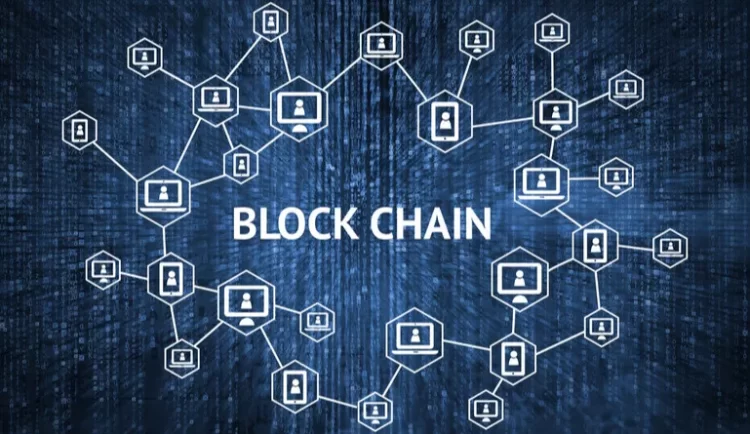Just as technology advances by leaps and bounds, trust, as an important milestone in human relationships, also evolves.
When entering a world that eliminates borders by being globalized and interconnected, particularly in business, it is necessary to increase levels of trust; therefore Trust has always been fundamental in any commercial transaction.
Now, in recent years, the hasty development of platforms that propose new business models has allowed us to reach the fourth industrial revolution, under the Block chain ecosystem.
First, we must know a little about what is Blockchain?
It is a large decentralized database in which different types of data are entered such as transactions, processes, agreements, and personal data, among others, which can be encrypted under complex mathematical operations, to increase security.
Therefore, the information is not stored in specific servers but is distributed among the participating nodes of the network, as is the case of nodes in the bitcoin network, where anyone can enter and be a node, which is why it is said which is decentralized.
Blockchain & technological trends
Well, did you know that blockchain has been one of the great technological trends of 2021, and it seems that it will continue to be so for the next year?
Added to them is the fact that there are 81 of the 100 largest companies in the world that have already incorporated this technology into their day-to-day lives, even those that are not dedicated to this sector, such as Coca-Cola, Nestlé, or McDonald’s.
Before nothing can be said that Cybersecurity, secure digital contracts, streamlining processes, are without a doubt the benefits that the blockchain can generate in your company. Therefore, some estimates suggest that spending on solutions based on these technologies will reach 12 billion dollars during 2022.
Insurance you must be on the lookout and eager to know what will be the trends that will mark block chain technology in 2022? In principle, we talk about the challenge of sustainability. Among the most significant arguments of block chain detractors, the environmental footprint generated by its mining takes the cake.
In this sense, Elon Musk canceled a few months ago his initiative to allow payments with bitcoin in Tesla. However, the company “intends to use it for transactions as mining moves to more sustainable energy”, and does not rule out the acquisition of other more environmentally friendly cryptocurrencies, as explained by the entrepreneur himself.
To solve this problem, one of the trends for 2022 will be the investigation of less polluting blockchain solutions,
Without leaving aside the integration of the block chain in our daily life another of the most attractive trends in the investigation of new applications for the block chain in our daily lives the implementation of the 5G network around the world favors this type of research.
NFTs are growing. One of the great novelties of 2021 in the field of block chain has been the appearance of non-fungible tokens or NFTs. Although the first operations with these assets were more related to the art of collecting sector, 2022 will be marked by the extension of this technology to the business world.
2022 holds a prominent future for BITCOIN and the blockchain, more and more users, investors and large companies join this technological platform that is viewed as the digital economy of the future
With the use of the appropriate strategies as well as innovation in the management of cryptocurrencies and mining, where the main thing will be not only financial but also social and environmental sustainability that surrounds this emerging digital market.
Conclusion
The emergence of centralized digital currencies when we talk about block chain, the first thing that comes to mind is cryptocurrencies. These currencies, whose value has grown exponentially during 2021, are identified by their decentralization, and by another series of advantages that central banks around the world are already investigating.
Along these lines, the European Central Bank is already working on a digital euro project that will not be ready until at least 2026- which would allow, among other things, to operate with amounts less than a cent, to make immediate international transfers and at a cost greatly reduced, or reduce the levels of tax fraud, thanks to the traceability of block chain technology.

